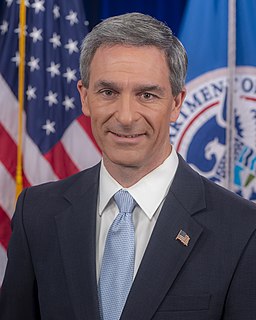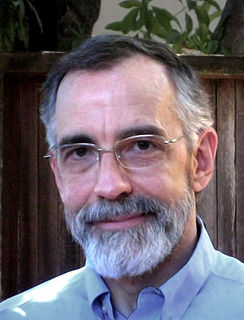A Quote by Benjamin N. Cardozo
The constant assumption runs throughout the law that the natural and spontaneous evolutions of habit fix the limits of right and wrong.
Quote Topics
Related Quotes
Privative appropriation and domination are thus originally imposed and felt as a positive right, but in the form of a negative universality. Valid for everyone, justified in everyone's eyes by divine or natural law, the right of privative appropriation is objectified in a general illusion, in a universal transcendence, in an essential law under which everyone individually manages to tolerate the more or less narrow limits assigned to his right to live and to the conditions of life in general.
My view is that homosexual acts, not homosexuality, but homosexual acts are wrong. They’re intrinsically wrong. And I think in a natural law based country it’s appropriate to have policies that reflect that They don’t comport with natural law. I happen to think that it represents (to put it politely; I need my thesaurus to be polite) behavior that is not healthy to an individual and in aggregate is not healthy to society.
The other way is the multiverse way. That says that maybe the universe we are in is one of a very large number of universes. The vast majority will not contain life because they have the wrong gravitational constant or the wrong this constant or that constant. But as the number of universes climbs, the odds mount that a tiny minority of universes will have the right fine-tuning.
It is the invariable habit of bureaucracies, at all times and everywhere, to assume...that every citizen is a criminal. Their one apparent purpose, pursued with a relentless and furious diligence, is to convert the assumption into a fact. They hunt endlessly for proofs, and, when proofs are lacking, for mere suspicions. The moment they become aware of a definite citizen, John Doe, seeking what is his right under the law, they begin searching feverishly for an excuse for withholding it from him.
The law is equal before all of us; but we are not all equal before the law. Virtually there is one law for the rich and another for the poor, one law for the cunning and another for the simple, one law for the forceful and another for the feeble, one law for the ignorant and another for the learned, one law for the brave and another for the timid, and within family limits one law for the parent and no law at all for the child.

































